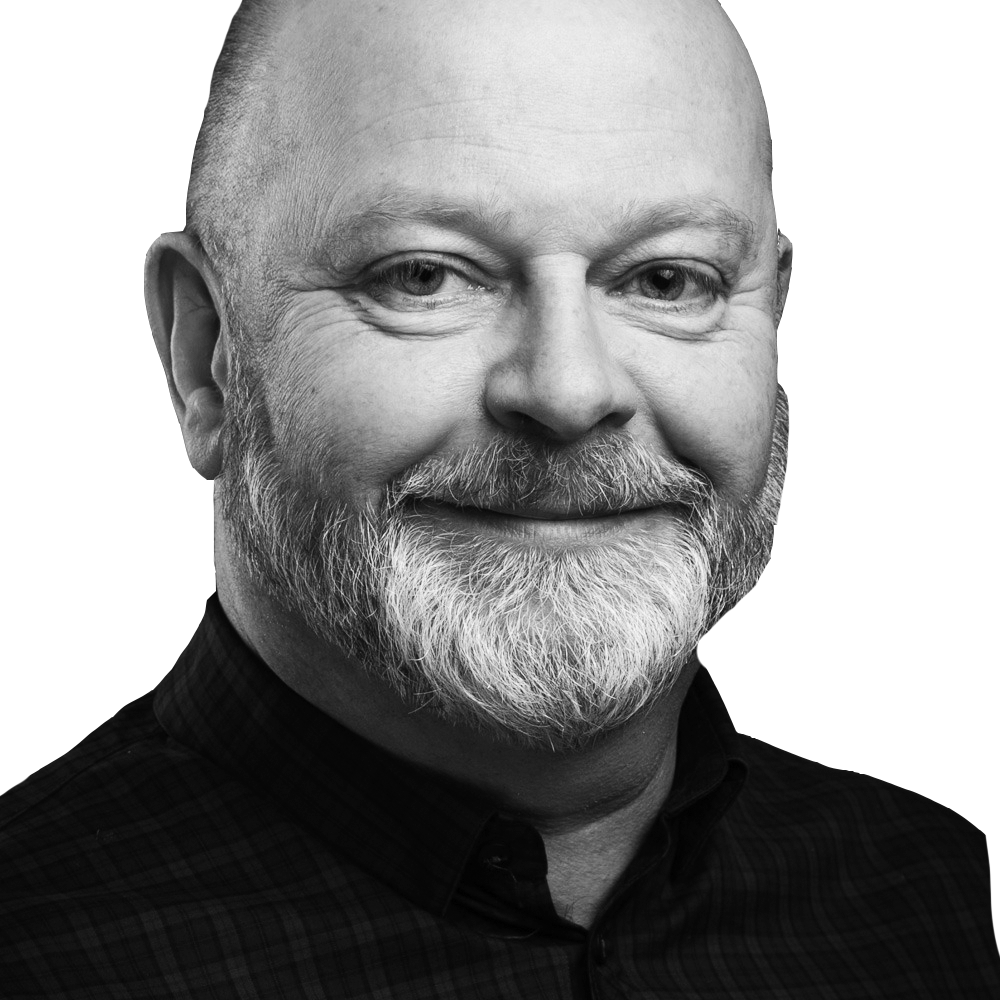Summary
- Control strategy and robotics: the future of production sites?
- Robotized loading of cartridges at Lilly
- Small, flexible filling and packaging systems - using robots could mean great benefits
- Automated and instantaneous enumeration of viable microorganisms with Red One™, solid-phase cytometry platform
- Method analatycal performance strategy in commercial quality control laboratories
- “Replicate strategy*”: but what is it exactly?
- A3P International Congress 2020: Feedback and key messages from the Annex1 revision process panel discussion
- Regulatory compliance: a re-evaluation of strategic subcontracting relationships in the “new normal”
Control strategy and robotics: the future of production sites?
This issue of La Vague deals with three topical themes: robotics, strategies for mastering analytical methods and the inescapable Annex 1.
Robotics has long been perceived as a danger to jobs, allowing companies to reduce their production workforce by replacing humans by machines. But today, many positive aspects are highlighted:
- The mitigation of the arduous nature of work: robots are the perfect tool for carrying out repetitive tasks in the place of humans. In this way, they allow staff to focus on activities with higher added value while avoiding occupational diseases such as musculoskeletal disorders.
- The reproducibility of movements: robotic movements are consistent, providing operational reproducibility and unlike humans, robots do not tire.
- The guarantee of sterility: many applications already exist and many developments are in progress in the field of aseptic operations, such as automatic loaders for freeze dryers, to meet the requirements of the Annex 1 revision, which demands that this operation be automated in order to reduce the risk of contamination by humans.
Process mastery is a subject that is dear to me and which is fundamental to the satisfaction of all pharmaceutical industry stakeholders:
- In the first instance patients, who will benefit from medications of consistent quality that meet their needs,
- The health authorities, who expect data which prove that the manufacturers understand the impact of processes on products and are capable of systematically complying with the registered specifications, whether this is during inspections or during the review of marketing authorisation applications.
- The producers themselves, who can thus obtain positive direct and indirect financial results such as, for example, reduced loss of production, good yields, cycle times and inventories that are managed well.
Process mastery entails scientific understanding of the product and the process, via the setting up of a control strategy, an English term commonly used in France, but which would be better termed a mastery strategy.
The mastery of analytical methods also forms part of this control strategy. In fact, an analytical method that displays excessive variability could cause inappropriate actions or decisions. This aspect has been too often forgotten. The articles below communicate on subjects derived in particular from the USP revision <1220> supporting the reduction of analytical variability and better mastery of potential deviations.
As you will see when you read on, these topics are developed by pharmaceutical industry suppliers and by manufacturers who provide information about specialist topics and share their experience.
Finally, how could I not mention this Annex 1 which A3P made a major theme of its annual Congress in 2020 and to which it is very committed. In this issue, you will find feedback from the round table that took place last November.
Share article

Alain NONN – Alpha Pharma Consulting
Ingénieur chimiste et Docteur en chimie de l’université de Strasbourg, il a travaillé pendant 5 ans dans l’industrie chimique en tant que chercheur puis support à la production. Il a rejoint ensuite Lilly France en 1990 ou il y a occupé divers postes en management et en expertise au sein de la Direction Scientifique. Il a participé à de nombreux projets de transfert de technologie et de validation des procédés et a été responsable scientifique global de plusieurs médicaments. Aujourd’hui, il est consultant au sein de la société Alpha Pharma Consulting dont il est le Président fondateur.


